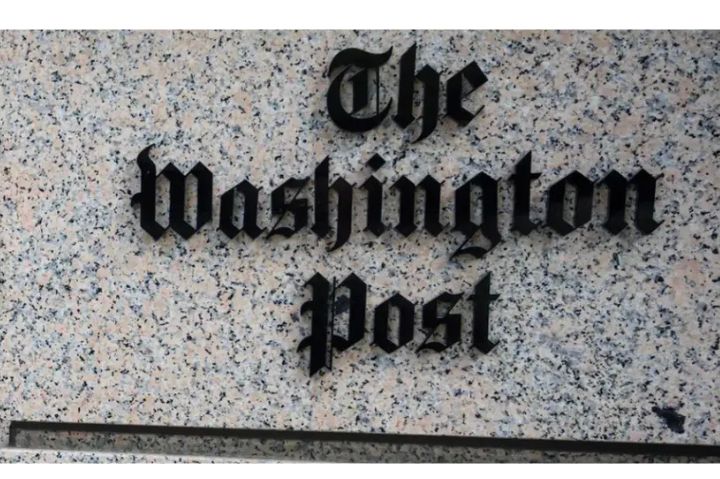In a seismic shift in American journalism, The Washington Post has announced it will not endorse a candidate in the upcoming 2024 presidential election — a decision that veers from its long-held tradition of offering a pointed editorial voice in presidential races. Publisher Will Lewis confirmed Friday, “The Washington Post will not be making an endorsement of a presidential candidate in this election. Nor in any future presidential election.” This unprecedented stance, Lewis says, marks a return to the paper’s origins.
The timing of the announcement has caught many by surprise. With the election only days away and contenders Kamala Harris and Donald Trump neck-and-neck in the polls, the absence of The Post’s endorsement could have rippling implications. While some are interpreting the decision as an indirect nod toward one candidate or a disapproval of another, Lewis dismisses this notion, stating, “We don’t see it that way. We see it as consistent with the values The Post has always stood for and what we hope for in a leader.”
In a world where newspapers often face intense scrutiny over alleged bias, this move repositions The Post’s role in political discourse. By stepping back from direct endorsements, the newspaper aims to uphold its dedication to integrity and objectivity. Lewis emphasized that The Post’s endorsement absence is an act of adherence to its core values — a commitment to “character and courage in service to the American ethic, veneration for the rule of law, and respect for human freedom.”
Behind the scenes, however, sources reveal that the editorial team had already drafted an endorsement favoring Harris over Trump. Yet, the final decision to abstain from publishing was reportedly driven by The Post’s owner, Amazon founder Jeff Bezos. Bezos’s influence, particularly in politically charged decisions, has drawn both criticism and curiosity, underscoring the challenges of ownership in media and the pressures that come with it.
As the days tick down to the election, this abstention from endorsement by a major media player adds to the uncertainty surrounding an already razor-close race. With voters preparing to cast ballots, The Post’s hands-off approach sends a striking message, leaving readers to weigh the candidates’ merits without the paper’s explicit guidance. For many, this shift signals a new era of journalistic independence — or, perhaps, a calculated silence in a climate rife with division.












